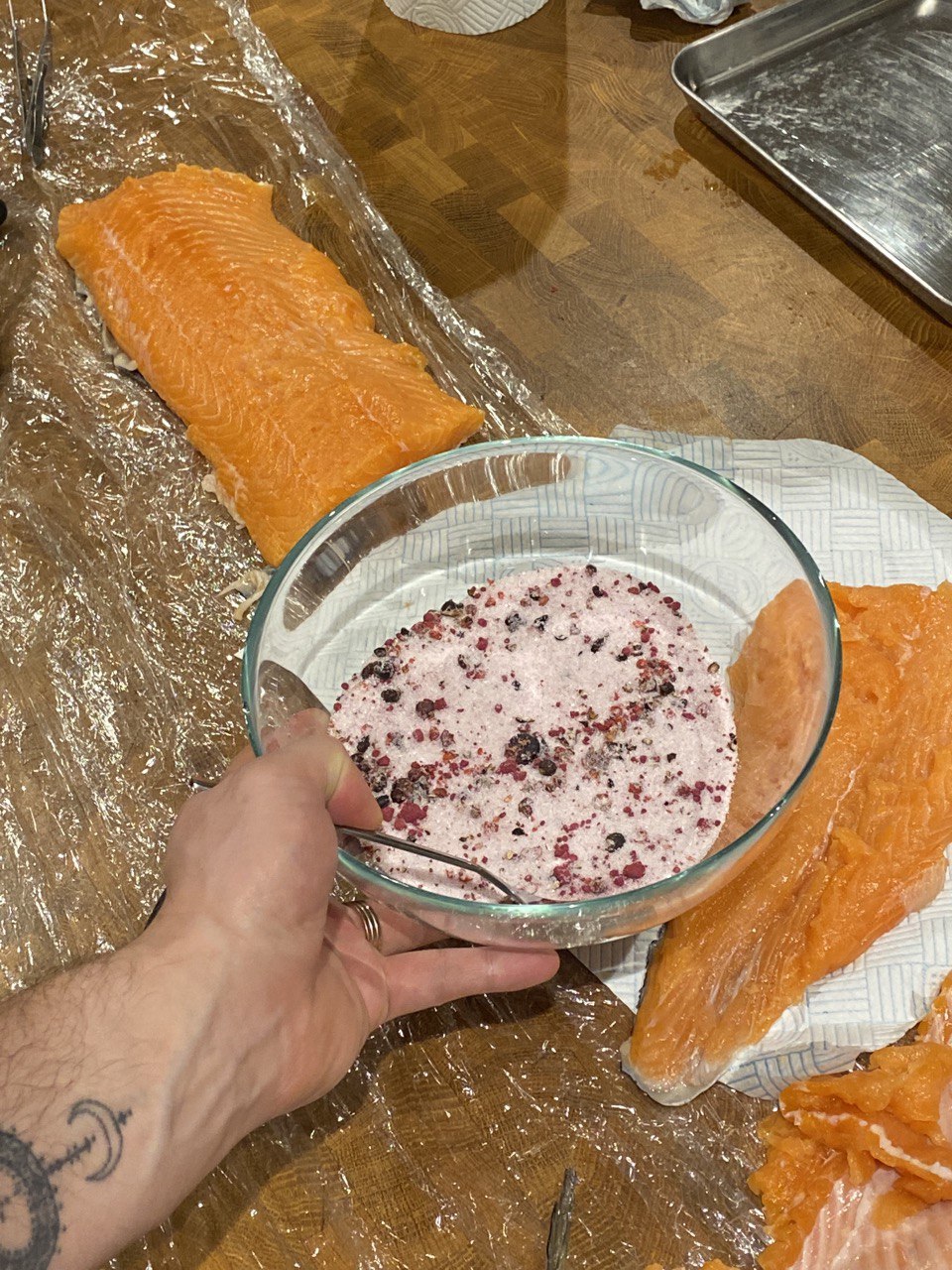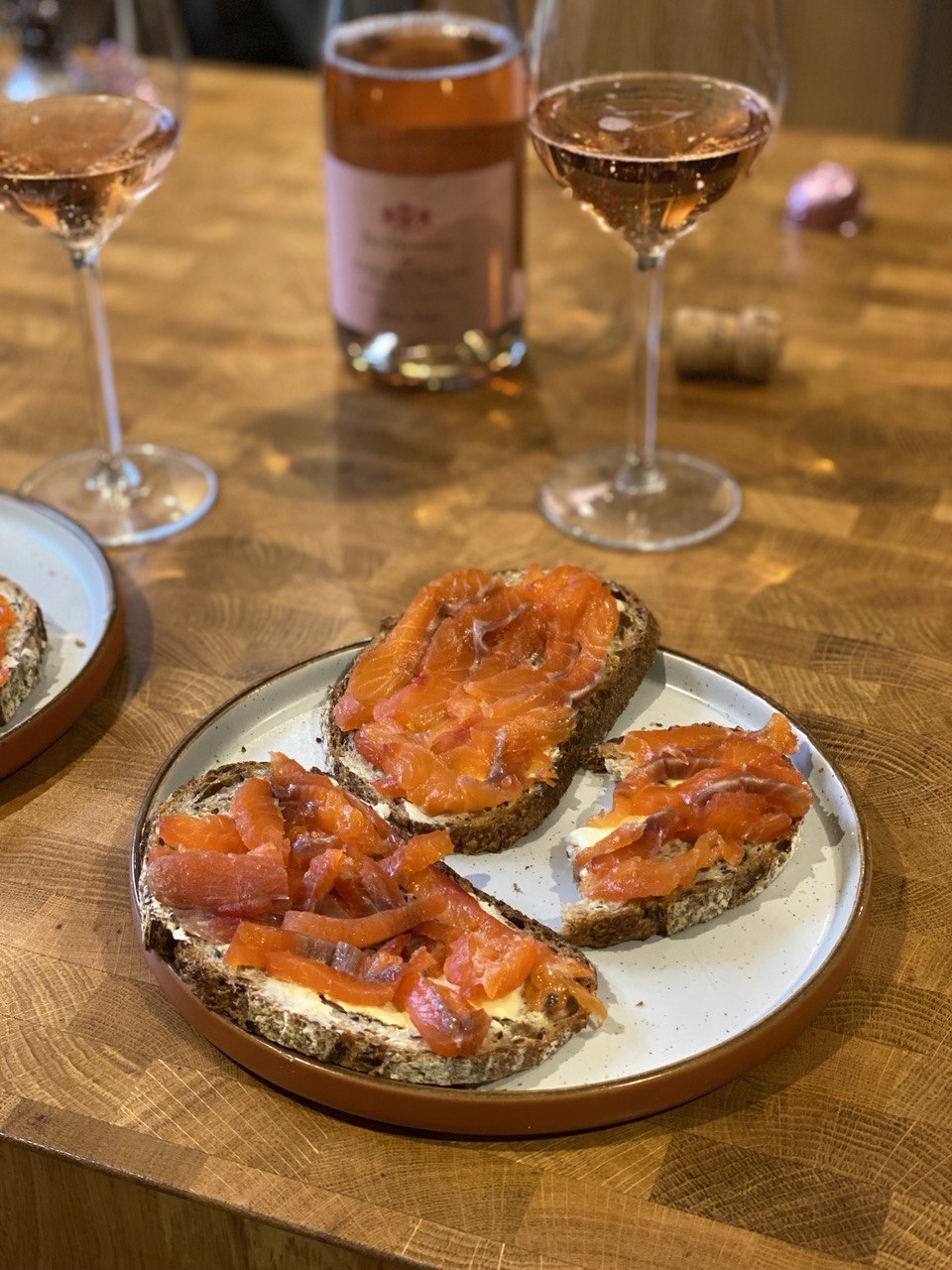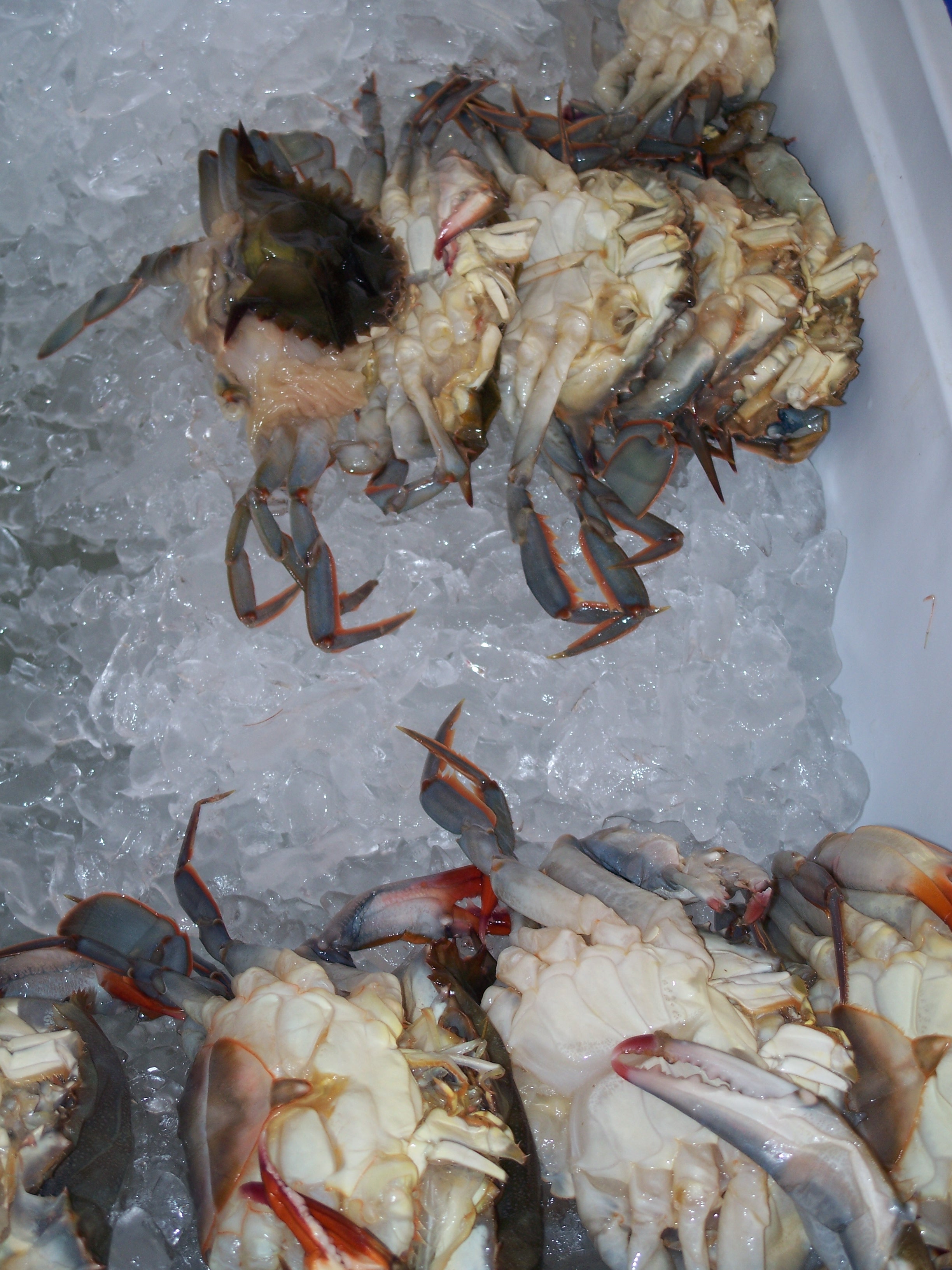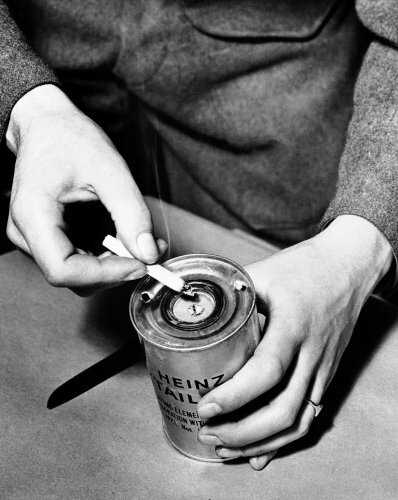|
See, copying others' ideas is not always bad.
Things I enjoyed reading
This great essay is mainly focused on difficulties of maintaining a culture in a translation. One perspective is that some translation of a book, a movie, or anything else is way better than the lack of it. However, at the same time by translating things we change a lot, starting from (sometimes) the style or the accents, but going all the way up to making people from non-English speaking countries to focus on getting promoted in New York instead of focusing on their local readers first.
These were the books they had read at school, when they were young, and kept all their lives, even when moving across the ocean. They were too precious to give away — but not valuable enough to sell, not valuable enough for the kids, if there were kids, to keep. Most could be found for a few dollars in online bookstores. It was a miracle that such a collection had survived.
During my first week in the flat, I foreswore friends in order to pick through it. There was something about it that I wanted to understand. As I went along shelf after shelf, I felt an upswelling of emotion, suddenly close to people I thought I had finished mourning years before. Perhaps for the last time, I was a boy spending the night in my grandmother’s house. I wanted to chronicle it, catalog it, before it disappeared forever.
The quote I chose is slightly different. Despite growing up in a completely different country I do understand the feeling of selected bookshelves reminding of one's childhood. My grandparents gather a collection of such books via monthly subscriptions, as that was the only way to source books back then (approved by the Soviet government obviously). The nature of the subscription was to issue mostly full editions, so you'd have all works by Jack London on one shelf, and all works by Chekhov on another.
I still remember the colours of the ones I liked the most (Mark Twain was in red, while Jules Verne was in dark blue).
For decades we've aimed at speeding up the way children develop, but this summary of a paper hints at that being a less optimal approach.
Surprisingly, ACEs seem to actually accelerate the pace of physical development. A number of studies suggest that children with stressful lives reach puberty earlier. A new study by Allyson Mackey at the University of Pennsylvania and her colleagues, published in the Proceedings of the National Academy of Sciences, shows that children growing up with more ACEs even get their adult teeth earlier.
In a nutshell, stress causes children to grow up faster, but despite cognitive benefits they lack in empathy and imagination.
Despite being more of a diary than an actual article, this is a great example of food-related research. I can only hope that one day I will have enough persistence to have such a detailed notes on my cooking endeavours.
Justine found fireweed in Charlottenlund on Tuesday 23.7. I stripped the leaves that evening, rolled and pressed them to break the cells and begin the oxidation. I kept them in a plastic container until Thursday evening. They generated humidity and began smelling strongly: overripe mango, feijoa, curing apple, bubblegum, terpinic, guava, green, juicy fruit apple, hay, grass, summer, benzyl anthranilate (grapefruity/tropical flavours). Thursday evening I spread them out to dry and continue oxidising on the counter.
The results of the research are pretty cool too, and if you were curious how to make alternative teas sticking to the whole drying-fermenting-aging approach, you are in for a treat.
An honest and interesting story about one's fears and peer pressure.
Now, I am not ashamed to say that a sticky Heineken can holds enormous value. It is what feeds me every day and pays for my clothes. It unites my family and helps me understand the value of hard work. It represents my family’s strong values and their dreams for me of getting the opportunity to go to college and lead a stable life.
Somehow the most cruel stories our there are about children, which makes me wonder (judging by the article above) if we as species already made too many mistakes by accelerating one's life.
Continuing on the Soviet vibes, a short contemplation on the reasons so many things built half a century ago are still used and are in decent shape.
Shortages played an important role in the choice of goods. People, especially in the provincial regions, had trouble getting hold of a high-quality wall unit and TV set. If they could find them at all, it was mainly through friends and relatives who worked in the business and had direct access. Having bought a TV, no one knew when they would be able to replace it or buy a second one. Plus, low wages encouraged people to buy quality things that would last for ages.
Seems like there are two parts to it: absence of choice pushed manufacturers to compete for the space by building reliable things, but also the lack of money made people way more careful than choosing (and also using) them.
I still see the previous generation wrapping up TV controls into plastic film. The one from Apple TV probably wouldn't work if I were to try that.
As an engineer I rarely get to see someone criticizing the code I write. There are always people saying things about final products – both good and constructive – but the product is the result of lots of joint efforts, so the feedback is never personal.
It is probably a bit more complex when it comes to food or theatre industry. A dish served cold means that a cook or a waiter did something wrong. A character not realistic enough means a writer or an actor could have done better.
And they probably know that.
Peter Hall once wrote that no play that seriously fails to engage an audience at its first performance can be saved. “I remember,” says Simkins, “the general sense, in the first couple of previews, that the opening 20 minutes worked wonderfully. Then it sort of died like a battery running down.” Despite the dramatist “rewriting eight to 10 pages every day, on the first night it was absolutely obvious the play didn’t work.” One critic reported that “one leaves the theatre open-mouthed at the sheer awful” spectacle, and another of “having no idea what the usually adept Mr Frayn thought he was up to”.
Shared responsibilities probably made IT industry lazier: holding individuals accountable definitely makes them more aware of ways to improve.
I don't remember if I ever tried developing film at home. I dreamt about it for sure though, but by the time I was old enough to do it myself, most chemicals were banned from selling to ordinary people (and especially kids).
Truth is, processing film requires chemicals that are toxic and temperamental. But given the inherent effort that goes into shooting film in the first place (plus some recent subpar processing by past local labs), I felt compelled to research and refamiliarize myself with the process. And to find an at-home alternative.
Enter Caffenol, the incredible liquid concoction that develops black & white film using instant coffee and washing soda to replace the nasty chemicals found in traditional developing agents.
I am pretty sure I read about coffee being used for developing before, but can't find the sources. Maybe now is a good time to give it a try.
Almost seventy weeks ago I wrote about learning of the longest train ride in the world, meant to be almost 17 000 km long.
Someone actually took time to check if the route is possible in 2021 (it is not) and found the new longest (but possible!) train journey to make today.
It is not as long but is still very impressive (12 000 km), and the author actually solves lots of logistic challenges to explain how it could be done:
The two major cities in Western Russia – St Petersburg and Moscow – present the same problems as Lisboa and Paris earlier in the trip, namely the need to use metros to cross the cities from terminus stations. So we need a route from Vyborg – the first station on the Russian side of the Finnish-Russian border – through to the Trans Siberian railway avoiding both St Petersburg and Moscow, or at the very least arriving or departing from the same station in each.
The solution is to change off the Allegro train in Vyborg (i.e. don’t stay on it the whole way to St Petersburg), change there for a train to Tver, and from Tver a train to Nishniy Novgorod, and from there we can head eastbound onto the Trans Siberian route.
Hopefully someone would go through the trouble of calculating how much it might cost.
For those unfamiliar with Andrzej Sapkowski's novels about the witcher, they feature a world that was created after a collision of multiple other worlds which caused a bunch of different creatures – from elves to humans to end up on the same planet.
Someone actually asked a physicist if it makes any sense.
While this cosmic collision is pure fantasy, there is a potentially scientific idea at its core: some physicists have proposed that our universe may really be just one in a much grander multiverse of realities. If that’s true, it may even be possible for different universes to interact to some extent. These ideas are wildly controversial, with one camp of physicists arguing that the multiverse is more a matter of philosophy or religion than a fruitful terrain for scientific inquiry. Others say that since we can’t rule out the existence of a multiverse, there’s no harm in speculating about its nature.
And judging by the interview, it does indeed.
Someone invented a Bluetooth-powered device to make trustworthy tests.
How do you think what could go wrong?
When it was time to take the test under the supervision of Azova, Alexandra used F-Secure’s Xposed Module PoC. After launching the Ellume app with the Xposed Module, Alex proceeded to take the test. Below is the output log from the test, showing that while analyzer 151131494 reported a negative result, the Xposed Module changed the result to positive.
Obviously the authors show the processes of faking the test to look positive, but the process of making it negative differs by a single character, which again shows the importance of security in the 21st century.
Things I didn't know last Tuesday
The famous song was invented as a way to tell the guests that it's time for them to leave.
During the 1940s, whenever Hollywood celebrities with vocal talents attended parties, they were expected to perform songs. In 1944, Loesser wrote "Baby, It's Cold Outside" to sing with his wife, Lynn Garland, at their housewarming party in New York City at the Navarro Hotel. They sang the song to indicate to guests that it was time to leave. Garland has written that after the first performance, "We became instant parlor room stars. We got invited to all the best parties for years on the basis of 'Baby.' It was our ticket to caviar and truffles. Parties were built around our being the closing act."
First, it reminds me a lot about sikterusa coffee but also it's quite hilarious that as the result the authors actually increased their interaction with people.
Akin to putting "Ph.D." or "Dr." in official letters, those who participated in the Olympic games can add "OLY" to their names.
OLY are post-nominal letters granted by the World Olympians Association (WOA) to athletes who have participated in the Olympic Games.
I can't imagine it is used as often as Ph.D. though.
A very straightforward name for a dessert that indeed looks like a mountain:
| 











